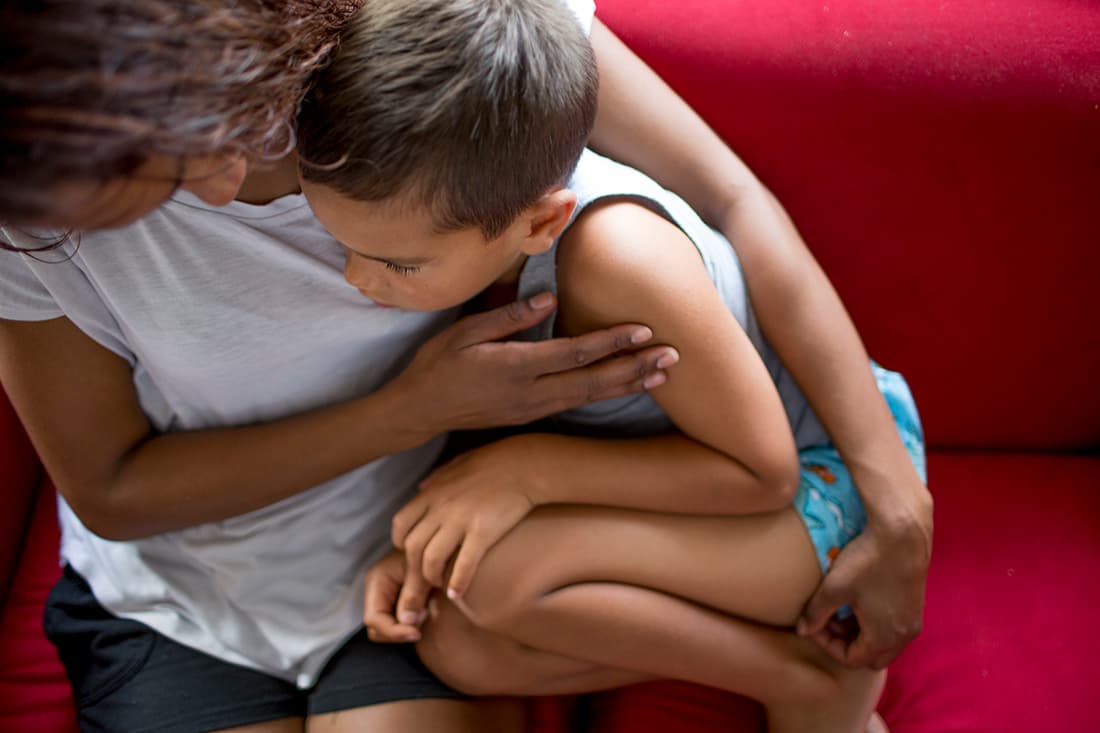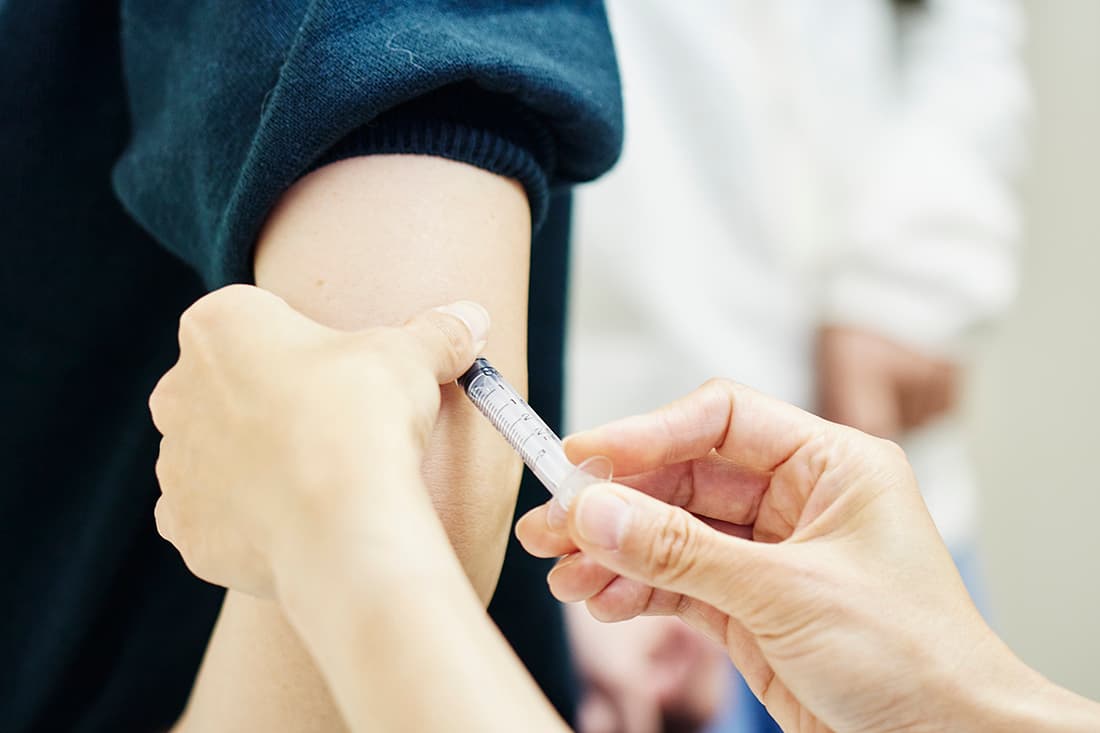Improve the awareness, uptake and timeliness of vaccines during pregnancy and early childhood in rural and regional communities to help Aboriginal and Torres Strait Islander families.
Reduce the burden of preventable diseases
Complete and timely immunisation during pregnancy and early childhood is critical to reducing the burden of common infections that can lead to long term health problems.
For Aboriginal and Torres Strait Islander people, the provision of culturally appropriate health care services is essential to supporting the health of children and communities.
Currently, the incidence of vaccine-preventable diseases in Aboriginal and Torres Strait Islander children compared to the general population is significantly higher*.
- Rates of Haemophilus influenzae Type B (Hib disease) in children under five years old is around 10 times higher
- Recorded cases of whooping cough in infants is 1.6 times higher
- Coverage of the Rotavirus vaccine is 11% lower than other infants at 12 months old
- Influenza hospitalisation rates are two times higher
Simple and cost-effective solutions that are acceptable to the community and healthcare system will substantially address gaps and reduce the burden of preventable diseases.

Simple, cost-effective vaccine solutions
While Australia has one of the most successful immunisation programs in the world, disparities in the uptake and timeliness of immunisations in Aboriginal, Torres Strait Islander, and socio-economically disadvantaged communities has been recognised as a public health concern in Australia for more than a decade.
In partnership with government, primary healthcare networks, public health services, academics and Aboriginal community-controlled health organisations, QUT experts are designing an Australian first program to address this disparity.
The program aims to improve the awareness, uptake and timeliness of vaccines during pregnancy and early childhood in rural and regional communities to help Aboriginal and Torres Strait Islander families and those of socio-economic disadvantage.
Researchers have already completed a pilot study with more than three hundred women and their newborn infants in two regions of South-East Queensland.
The next step is to extend the study to toddlers and women in antenatal care and expand the scope of the work to reach more communities.
* Because of under-reporting of Aboriginal and Torres Strait Islander status, it is important to note that the rates of disease presented here are minimum estimates. In recognising this issue, we respectfully acknowledge the history of dispossession and intergenerational trauma that affects the lives of many Aboriginal and Torres Strait Islander people.

Your gift will help:
- protect pregnant women, children and families against common, vaccine-preventable diseases through improving awareness, uptake and timeliness of vaccines
- bridge the immunisation gap by identifying and addressing the barriers and facilitators to vaccination in varied population groups
- support fieldwork, production of educational material and awareness campaigns, stakeholder consultations, and scholarships
- ensure vaccination initiatives are locally relevant, readily translatable and cost-efficient
- expand the scope of work beyond South-East Queensland and achieve a solution that can be implemented across the country.
The real world impact of your gift

Your contributions will help further immunisation milestones, protect children from serious diseases, and improve overall maternal, child and family health and wellbeing.


Share